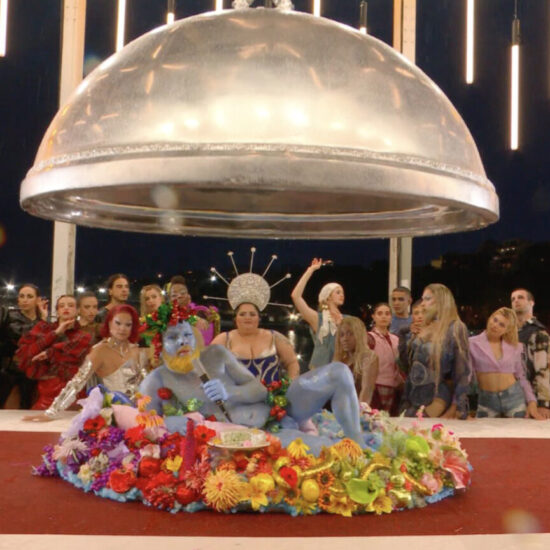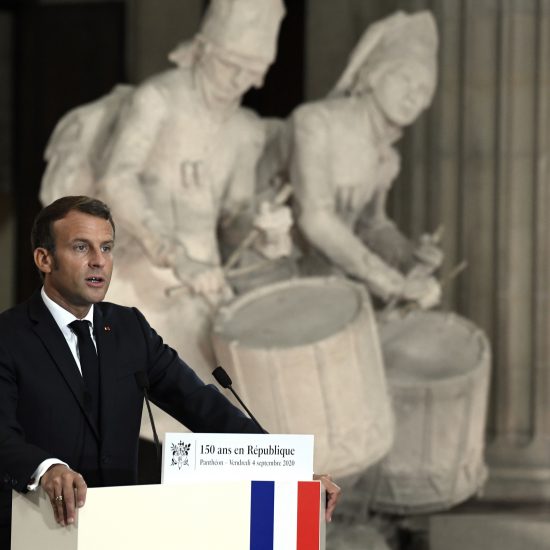Since I was a youngster, I have watched television coverage of the Olympics, both summer and winter versions. I do not follow many sports competitions regularly, but I enjoy following some of the story lines in various individual and team competitions on this world stage.
I do not watch as a nationalist fan; human stories play out across the spectrum of worldwide athletics.
As I write, Rio de Janiero, Brazil, is hosting the international games. And the media is giving it a lot of coverage. This event is a ratings bonanza. Many of the most compelling stories are about individuals and teams and who they are apart from the international sports stage.
While my attention to the current games has been limited, one of the people I have tried to observe is swimmer Michael Phelps, the most decorated Olympian ever with 21 gold medals to his credit — three of them earned during the early days of the 2016 Olympics.
Phelps strikes a lot of people as a little brash — sometimes a lot — and always competitive. He is outspoken. And like a lot of athletes, he can carry a competitive grudge against his most significant competitors.
Phelps had retired after the previous Olympics four years ago, and he made some poor choices. He earned his second driving-while-intoxicated arrest in 10 years in 2014 and was photographed smoking drugs. He became a tarnished hero.
Looking back, “I was a train wreck,” he told ESPN. “I was like a time bomb waiting to go off.” The man who already owned 18 Olympic gold medals admitted: “I had no self-esteem, no self worth. There were times when I didn’t want to be here. It was not good. I felt lost.”
Phelps’ parents had divorced when he was 9 and he had become estranged from his father, Fred, a Maryland state trooper. Their relationship represented unfinished business.
His erratic behavior disillusioned those closest to him. In retirement, the athlete gained 30 pounds. “I probably had too much fun,” he admitted. “Whatever I wanted to do, I did. I was a little twerp.” He isolated himself and struggled with thoughts of suicide. He called it “the week of implosion.”
That’s when his friend and strong Christian Ray Lewis, longtime NFL star, called to check on him. Lewis immediately sensed the depth of despair in Phelps’ life.
Lewis told Phelps about dark times in his own life. Then he referred the swimmer to a behavioral rehab center. Phelps responded. “When you find your lowest point in your life, you’re open to a lot of things to try and change that, to get back on the right path,” he said. “I was just surrendering.”
Phelps carried a book given him by Lewis when he entered rehab — The Purpose-Driven Life by Rick Warren. As Phelps read the book, he called Lewis with questions. The message was sinking in.
The swimmer re-connected with his father, inviting him to a “family week” with his son. The son was surprised when his father accepted his invitation. “I was shocked; I didn’t think he would come.”
Phelps craved what he had missed as a kid without his father in his life.
He un-retired for this Olympics and rushes into the stands after each finals competition, embracing not only his longtime No. 1 fan — his mother — but his wife and newborn son, smothering all three with kisses.
An athlete who has been a model for many other athletes and fans through the years but may not have lived to see the 2016 Olympics is a story of a life turnaround. It is an example that others can follow.
The re-ordering of his life is a story that is ultimately more significant than the one playing out on TV keeping track of Phelps’ growing medals count. It appears Michael Phelps is discovering what is most important in life, and it isn’t swimming or being an Olympics hero, despite his achievements.
He has found — and is finding — his real purpose.
Bill Webb is editor of Word & Way.





